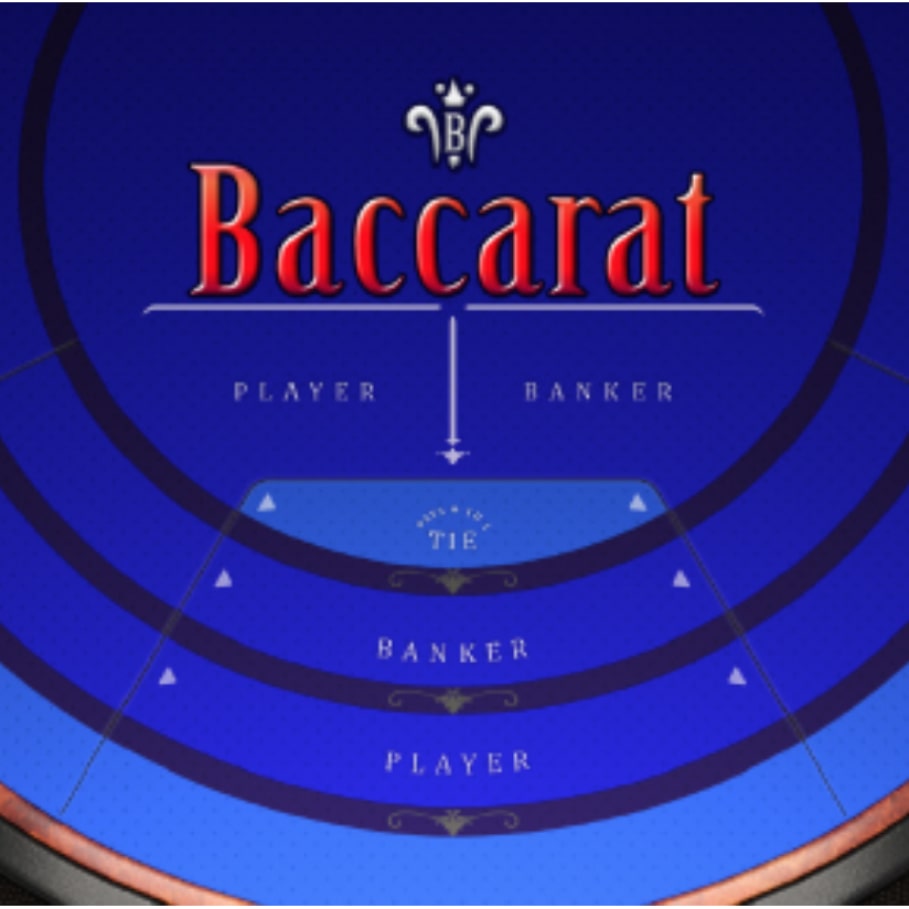Cory Zeidman Pleads Guilty to Sports Betting Fraud Scheme

Former WSOP bracelet winner Cory Zeidman has admitted guilt in connection to a $25 million sports betting fraud scheme. The 64-year-old poker pro, who was once celebrated in the poker community, has now become a cautionary tale of deception and greed. His involvement in this large-scale operation exploited vulnerable individuals seeking insider tips on sporting events.

Details of the Fraud
Zeidman’s scheme, operational between 2004 and 2020, revolved around fraudulent claims of having “privileged” information on sports outcomes. These false promises, primarily advertised via radio commercials, lured victims by guaranteeing substantial returns on their investments. However, most of these so-called insider tips were fabricated or drawn from publicly available information.
Clients paid hefty fees under the impression that they were engaging in secure betting opportunities. Instead, they were systematically defrauded, with the operation generating millions of dollars for Zeidman and his associates.
The Investigation and Guilty Plea
In May 2022, Zeidman’s fraudulent activities came to light when he was arrested. Initially maintaining his innocence, he even quoted Friedrich Nietzsche, portraying himself as a victim of overzealous authorities. Despite his declarations of moral integrity, mounting evidence led him to plead guilty in October 2024 to charges of conspiracy and wire fraud.
The plea was entered in the United States District Court for the Eastern District of New York, marking a significant shift in his defense strategy. His legal team acknowledged the overwhelming evidence against him, leaving no viable alternative.
Sentencing and Fallout
While sentencing has yet to be finalized, Zeidman faces a potential 20-year prison term and restitution payments amounting to $3.6 million. His arrest and subsequent plea have not only tarnished his reputation in the poker world but also ended his career as a respected player. He has since refrained from participating in live tournaments, though reports suggest he continues to play in smaller cash games in Florida.
Zeidman’s case underscores the dangers of greed and deceit, even in a community as tight-knit as the poker world. His fall from grace serves as a reminder of the importance of ethical conduct both at and away from the tables.
For more updates on this case and other poker-related news, stay tuned to PokerNews.
FAQ
What is the future of the game of roulette?
What is the future of the game of roulette? One potential future for roulette is the integration of virtual and augmented reality technologies. This would allow players to immerse themselves in a virtual casino environment and enjoy a more realistic and engaging gaming experience. Another potential future for roulette is the continued growth of online gaming. As more and more people turn to the internet for their gaming needs, online casinos are likely to become even more popular.
What casino has a real no-deposit bonus?
These social casinos offer players free online slots and table games to play and win. Real Prize offers two distinct currencies to play: Gold Coins (GC) and Sweepstakes Coins (SC). Gold Coins can be purchased in the Real Prize Store, but they cannot be exchanged for real money.20 thg 6, 2025
What casino can you win real money?
🏆 Can you win real money using your RealPrize Sweeps Coins? Not directly. Although you can’t win real money with your Sweeps Coins, you will find that you can play with them in promotional mode. After winning additional SC and playing through them once, you can then look to redeem for gift vouchers or cash prizes.7 ngày trước
Who invented the game of roulette?
Who invented the game of roulette? The exact origins of roulette are a subject of much debate and speculation among historians and gambling enthusiasts. While there is no clear consensus on the game’s inventor, several theories exist regarding its creation. One of the most popular theories is that the game was invented by a French mathematician named Blaise Pascal in the 17th century. According to this theory, Pascal was attempting to develop a perpetual motion machine when he inadvertently created the roulette wheel.
Is Real Prize a legit site?
Absolutely, RealPrize is a legitimate casino that operates under US sweepstakes laws.
Welcome to wptfree.com – your go-to hub for real prize casino gaming. Discover how to log in, score no deposit bonuses, and enjoy a vibrant social casino experience with real prizes. Stay updated with the latest offers and tips to boost your winning journey! o3-mini
This site only collects related articles. Viewing the original, please copy and open the following link:Cory Zeidman Pleads Guilty to Sports Betting Fraud Scheme













































































































































































